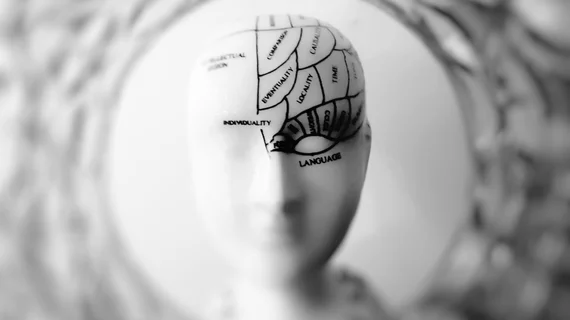Federal health officials award $30M for ‘groundbreaking’ brain study utilizing imaging
The University of California, San Diego, has been awarded tens of millions in federal funding for an ambitious study using imaging and other techniques to track brain development.
Last year, the National Institutes of Health announced the HEALthy Brain and Child Development Study, which assesses how exposures to environmental factors and trauma, among other things, affect long-term health. The NIH has now bolstered that effort with a nearly $30 million grant spread over five years.
The funds will help experts reach their goals of optimizing brain imaging techniques and protocols, identifying crucial developmental windows, and creating methods to predict and prevent mental health disorders and behavioral problems.
“This is a groundbreaking study of normal and atypical brain developmental trajectories from day 0 to 10 years of age in a large sample of about 8,000 families,” Christina Chambers, PhD, MPH, a pediatrics professor at UC San Diego School of Medicine and professor at the university’s school of public health, said last week.
UC San Diego will be operating as an administrator, managing 25 study sites across the country, including one at its school of medicine.
The HBCD investigation is being developed to coincide with data currently being gathered as part of the Adolescent Brain Cognitive Development study. ABCD was piloted in 2015 to trace the brain development of some 12,000 children over the course of a decade.

